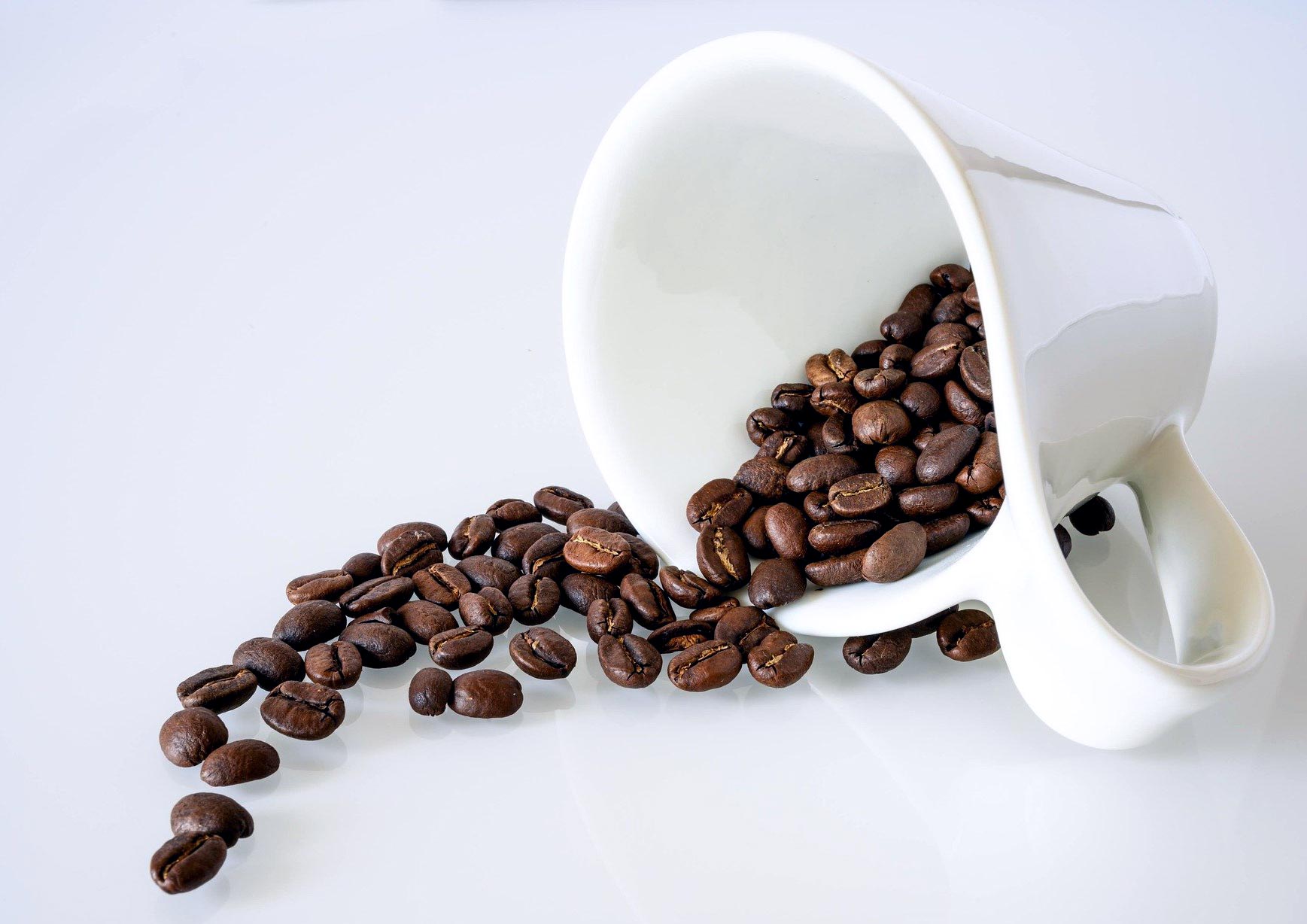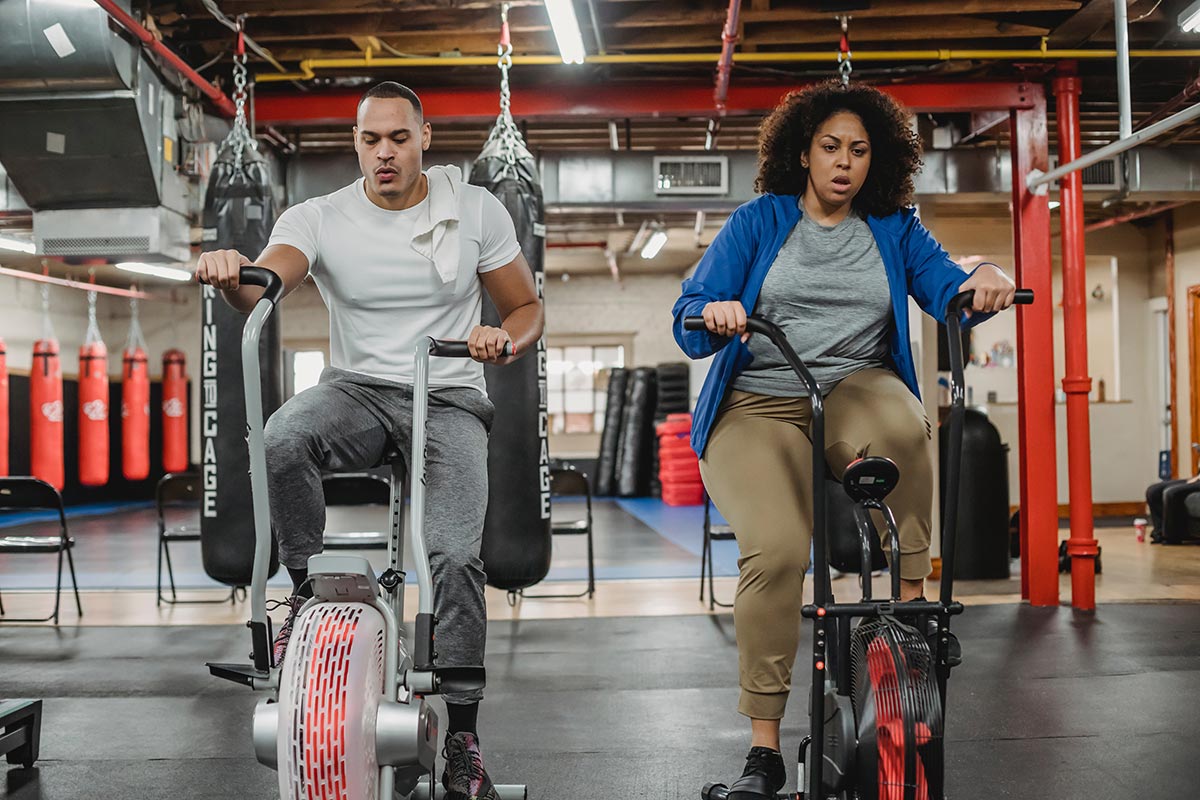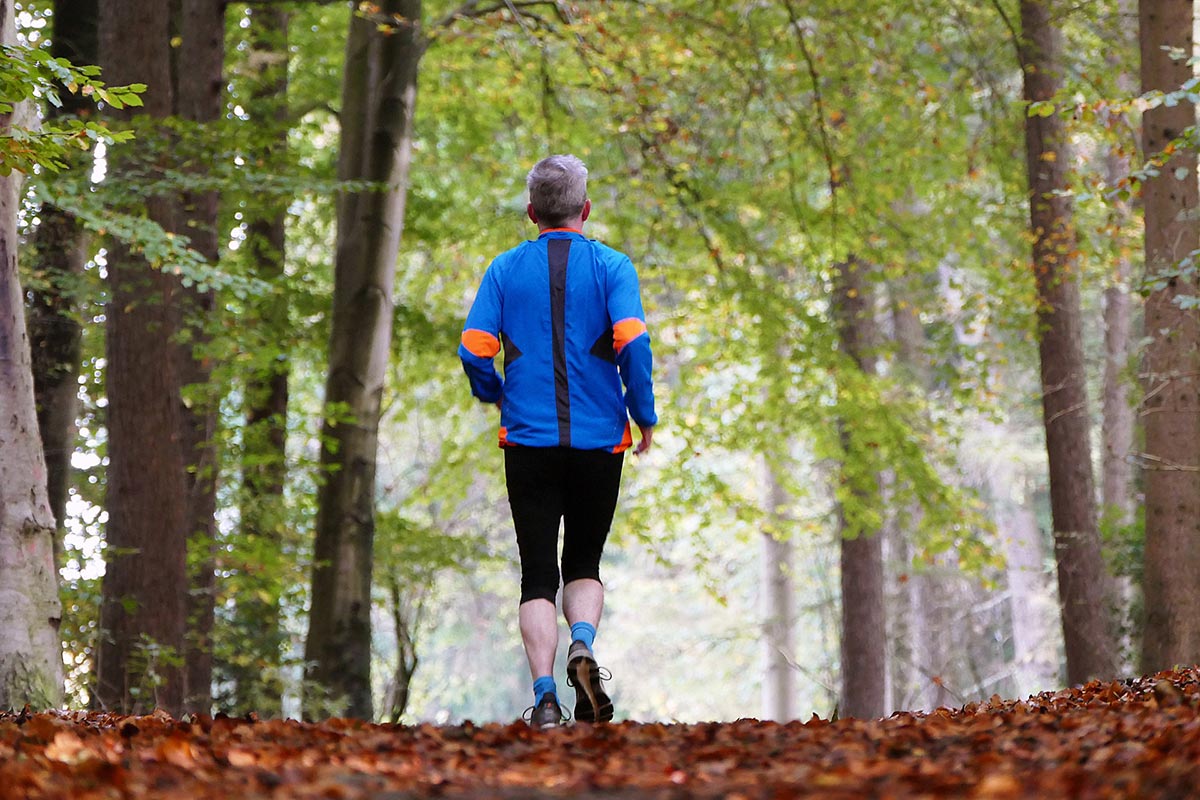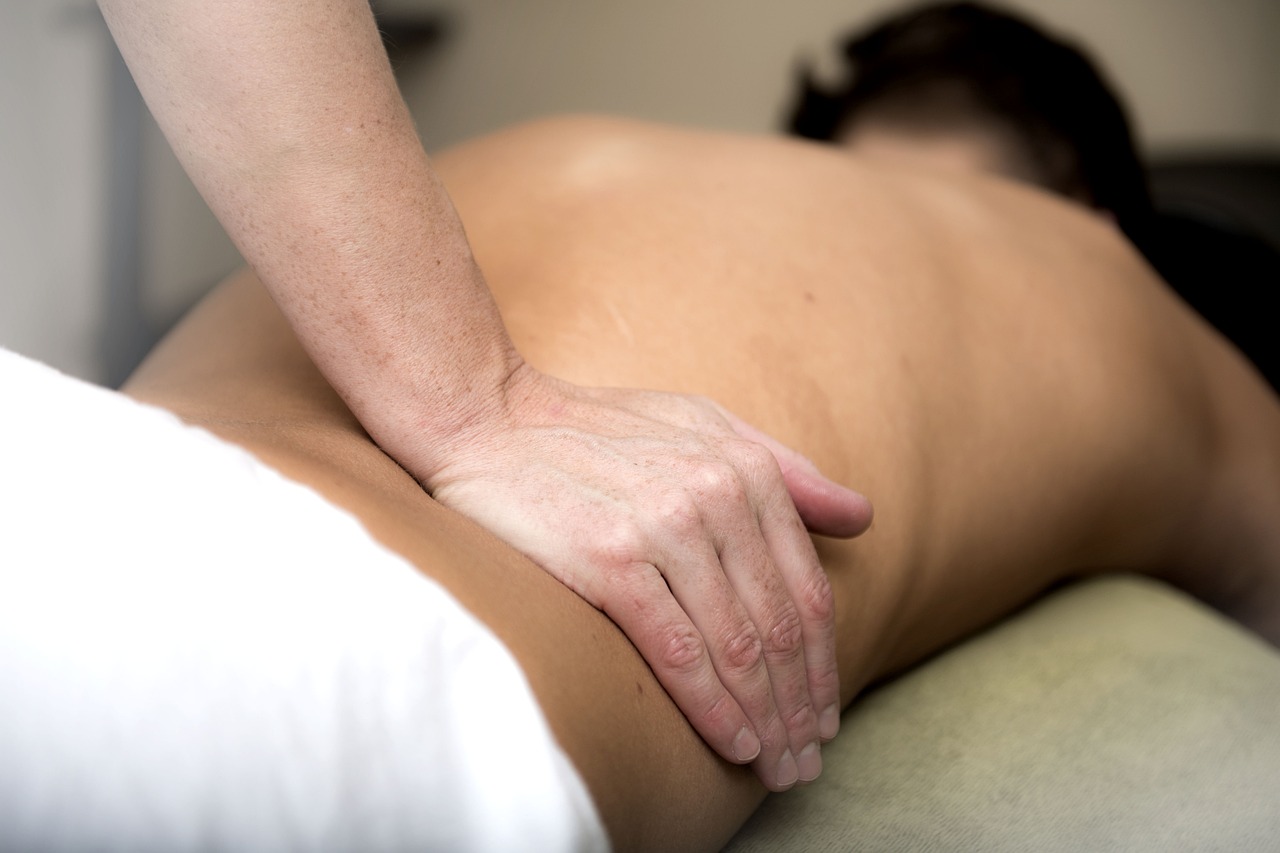Coffee, a global staple and morning ritual for countless individuals, is a subject of ongoing debate. While some criticize its caffeine content and potential side effects, others champion its stimulating effects and potential health benefits. The reality, as with most things, lies somewhere in between. Coffee, when consumed responsibly, can offer certain advantages, but it's essential to be aware of its potential drawbacks. Let's delve into the science behind this complex beverage and explore the multifaceted effects of caffeine.
The Potential Downsides: Addressing the Concerns
While coffee offers certain perks, it's crucial to acknowledge the potential downsides associated with caffeine consumption. One concern is the potential impact on bone health. Some studies suggest that high caffeine intake might slightly interfere with calcium absorption, potentially increasing the risk of osteoporosis, especially in individuals with low calcium intake. However, this effect can be mitigated by ensuring adequate calcium intake through diet or supplementation. Another area of concern is the effect of caffeine on insulin sensitivity.
Caffeine can trigger the release of epinephrine (adrenaline), which, in turn, can temporarily reduce insulin sensitivity. This means that the body might require more insulin to regulate blood sugar levels. However, the magnitude of this effect varies between individuals and is generally considered modest. Finally, and perhaps most widely recognized, is caffeine's potential to disrupt sleep. As a stimulant, caffeine can interfere with sleep onset and quality, especially when consumed close to bedtime. Individuals sensitive to caffeine should avoid it in the afternoon and evening to promote restful sleep. These potential drawbacks highlight the importance of moderation and mindful consumption.
The Potential Upsides: Exploring the Benefits
Despite the potential concerns, coffee and caffeine offer several potential benefits, particularly in the realm of physical performance and cognitive function. Numerous studies have demonstrated that caffeine can enhance exercise performance by delaying fatigue and increasing endurance. It can also improve muscle strength and power output. The mechanism behind this ergogenic effect is thought to involve caffeine's ability to block adenosine receptors in the brain, reducing perceived exertion and increasing alertness. F
urthermore, caffeine may promote glycogen sparing during exercise, meaning the body relies less on stored carbohydrates for fuel, potentially delaying fatigue during prolonged activities. Beyond physical performance, caffeine has also been shown to have positive effects on cognitive function. It can improve alertness, focus, reaction time, and memory.
These cognitive benefits are likely due to caffeine's interaction with neurotransmitter systems in the brain. It's important to note that the magnitude of these benefits can vary depending on individual factors such as genetics, tolerance, and dosage.
Optimizing Your Coffee Consumption
To maximize the potential benefits of coffee while minimizing the risks, consider the following practical guidelines. Timing is crucial: avoid consuming caffeine late in the day to prevent sleep disturbances. Most experts recommend limiting caffeine intake after midday. Pay attention to what you add to your coffee. Many popular coffee beverages are loaded with added sugars, syrups, and creamers, which can significantly increase calorie intake and negate the potential health benefits of coffee.
Opt for black coffee or add a small amount of milk or unsweetened plant-based milk. It is also important to know your personal tolerance to caffeine. Some individuals are more sensitive to its effects than others. If you experience negative side effects like anxiety, jitters, or insomnia, reduce your intake or switch to decaffeinated coffee. Finally, moderation is key. While moderate coffee consumption can be part of a healthy lifestyle, excessive intake can lead to adverse effects. Most health organizations recommend limiting caffeine intake to no more than 400 milligrams per day, which is roughly equivalent to four cups of coffee.
The Glycemic Index and Caffeine: A Notable Interaction
Emerging research suggests an interesting interaction between caffeine and the glycemic index (GI) of foods. Studies indicate that consuming caffeine alongside a low-GI meal can sometimes result in a similar blood sugar response as consuming a higher-GI meal without caffeine. The exact mechanisms behind this interaction are still being investigated, but it's thought that caffeine might influence glucose absorption or insulin signaling. If you're managing blood sugar levels, it's worth considering this interaction and potentially pairing coffee with meals that contain a balance of protein, healthy fats, and complex carbohydrates to mitigate any potential spikes in blood sugar. This is especially relevant for individuals with diabetes or insulin resistance.
All the Best: Enjoying Coffee Responsibly
Coffee, with its complex array of compounds, can have both positive and negative effects on the body. Understanding these effects allows us to make informed choices about our consumption habits. By prioritizing moderation, mindful additions, and appropriate timing, we can potentially reap the benefits of coffee while minimizing the risks. It's important to remember that individual responses to caffeine can vary significantly, so it's always best to listen to your body and consult with a healthcare professional if you have any concerns, especially if you have underlying health conditions. This information is intended for educational purposes and should not be considered medical advice.
**Footnote:** This article references information derived from various scientific studies and reputable sources on caffeine and its effects on health and performance. It is not intended to provide medical advice. Consult with a healthcare professional for personalized guidance.













